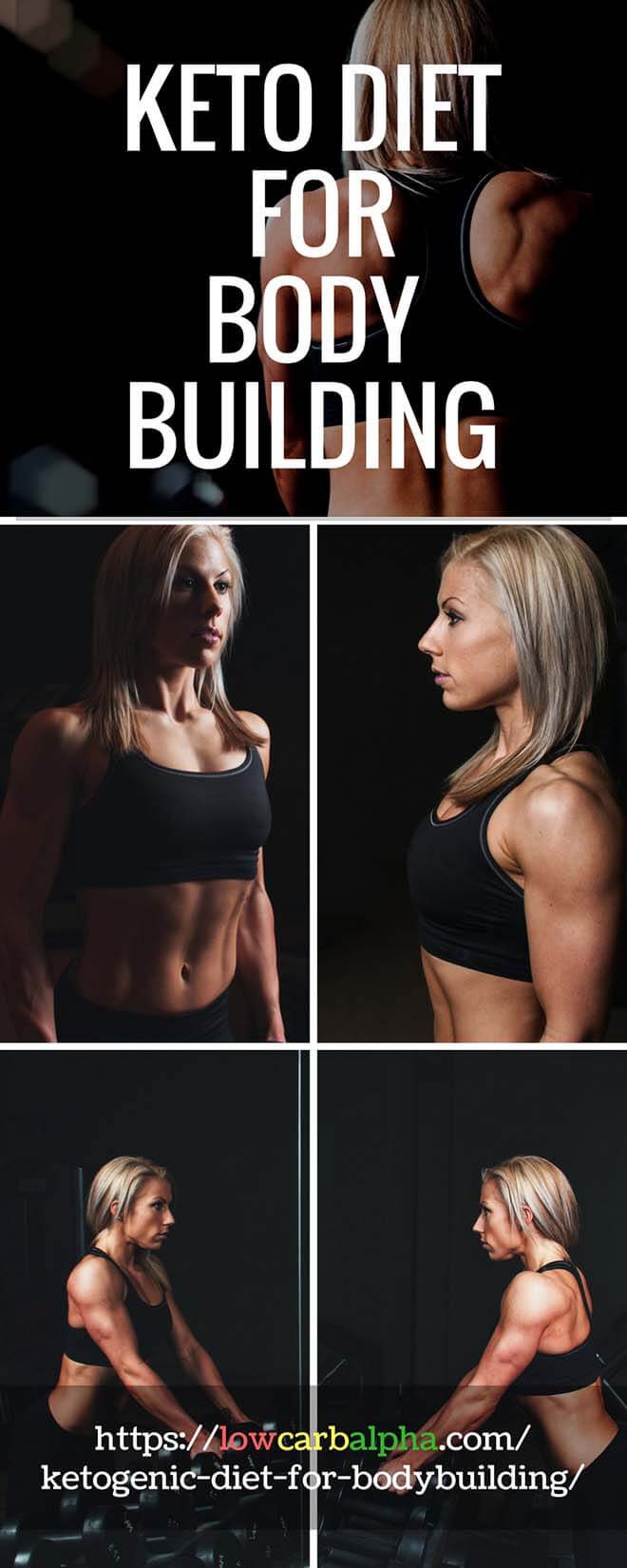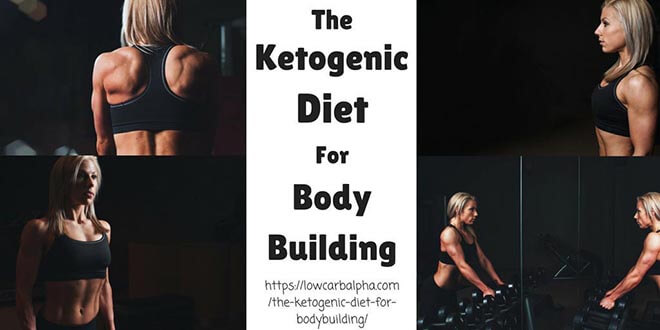
Bodybuilding isn’t easy or achieved quickly. It takes time, dedication, a lot of exercises, and the right diet plan.
A lot has been said about ketogenic diets and their ability to strip body fat while preserving muscle, and it has made a name for itself amongst heavyweights in the field.
But is the ketogenic diet for bodybuilding right for you?
Most if not all fitness models and bodybuilder competitors include a low carb eating program at a point.
The idea is before a competition or photo shoot; their muscles will have increased definition.
When the event is complete, regular dieting is resumed.
Bodybuilders or weightlifters looking to achieve a ripped physique can use high-fat ketogenic dieting for preserving lean muscle and increase fat loss efficiently.(1)
What is a Ketogenic Diet
In the most basic terms, a ketogenic diet is high in fat, has good protein levels, and is very low in carbohydrates.
For a more detailed look check out our introduction to a ketogenic diet.
This pushes your body into a ketogenic state, which means you start burning fat to fuel your everyday activities.
Low-calorie diets can have similar slimming effects, but with them, you also risk losing muscle, which is the exact opposite of what bodybuilders are looking for.
Another advantage of ketosis is the strong diuretic effect. This is a fancy way of telling you that you’ll shed water weight.
Save LowCarbAlpha
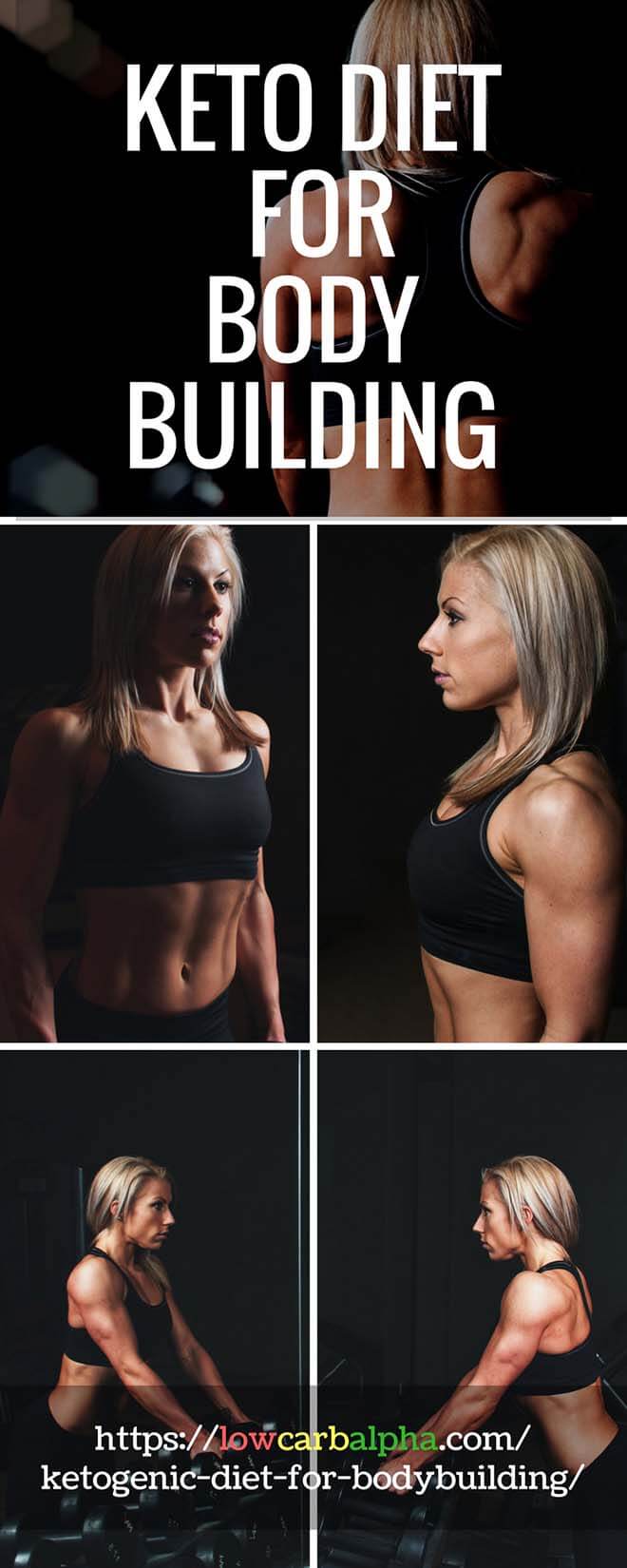
Ketogenic Diet for Bodybuilding
It’s very common for weightlifters beginning a keto diet to experience loss of strength. Many people get turned off instantly blaming the low level of carbs and give up on this diet.
Leave your ego at the door and simply push some lighter weights. You must realize your body is going through many changes adapting to high fat foods.

Your strength will come back over time once your body is keto-adapted.
Listen to your body and incorporate a rest day or two for the short term at least.
For weightlifters or bodybuilders, increasing muscle mass is always going to be your prime goal.
Do you go low carb or keto? Most people know that keto dieting can accelerate fat loss but may not be the best for muscle building.
Training on ketones is totally different than with glucose. Some people may need longer rest break between heavy sets, and longer recovery for consequent workouts.
Carbohydrates are anabolic, ramp up your insulin for muscle growth and contributes to the entire muscle building process.
You may want some extra carbs to help fuel your workouts if you experience low energy on training days.
Imagine how people would have developed muscles hundreds and thousands of years ago.
They would have relied on bodyweight exercises or calisthenics to build muscular strength and endurance.
The food consumed and way of life would also be completely different. Building muscle on a ketogenic diet is certainly not impossible, the human body is an amazing thing that adapts to change all the time.
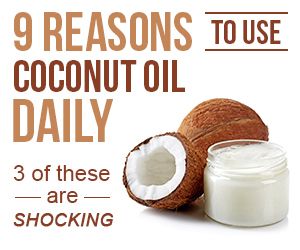
Protein Consumption On Keto
Bodybuilders often believe protein is number one priority to build muscle.
Protein serves it’s purpose and is essential for building a chiseled physique.
Just be sure not to consume over 20% total protein of your daily macronutrients since it will just convert to glucose.
More protein doesn’t equal more weight loss or muscle gain on a low carb high-fat diet, and it won’t improve physical performance.(2)
If you find your protein intake is too high, avoid or limit bodybuilding supplements containing protein.
1 serving scoop can set you back 20g-40g of protein depending on the brand.
So unless your workout intensity is through the roof you may wish to only obtain protein throughout food sources and perhaps try out some sugar-free BCAAs instead pre or post workout.
Targeted Keto Diet
Little strength, energy and unable to perform HIIT may be a problem for some on a standard keto diet.

The idea of a targeted ketogenic diet is you can perform high-intensity training while taking you out of ketosis for only a short time.
The difference to standard keto dieting is you eat carbs pre-workout or around your workout times whichever days you train.
If you’re looking to gain muscle or lose fat then still count all the extra carb calories for the day.
Either way, fat intake has to reduce slightly to make way for the extra carbohydrates. Otherwise, your gains will hit a plateau, and you will be in a caloric surplus and hinder any progress made.
Cyclical Keto Diet
Similar to a targeted ketogenic diet following a cyclical keto diet is another option to help you adapt to ketosis.
It involves eating a normal keto diet plan for 5 days then carbing up for 2 days.
An example being Monday to Friday strict eating and allowing yourself more freedom on the weekend to maybe enjoy some cheat meals or drink alcohol.
If you have your last high glycemic meal on Sunday then Monday morning you have an overload of glycogen.
Use this to fuel an intense workout since you should be able to maximize your lifts due to extra glycogen stores.
By midweek your strength will start to lower but your still able to lift heavy or perform HIIT without much problem.
Come the end of your normal keto dieting week your energy may be low.
Aim to fully consume glycogen stores on your last workout by working out intensely.
At this point after your workout, you spike your blood sugar with carbs to increase anabolism, start refueling and begin the cycle all over again.
These variations of a ketogenic diet is a tool to help you while adapting to higher fat foods.
The main reasons to use is to recover properly to fuel your future workouts.
I recommend avoiding any junk or processed carbs and stick to high glycemic foods which digest fast in the body.

Importance of Electrolytes
The first few days on keto energy levels will go down. Once the stored carbs in your body are gone, you switch over and start burning fat.
Changes in fluid balance are normal, and you will lose a lot more fluid and electrolytes since there are no carbs to hold them.
Electrolyte imbalances may occur, and you could stumble to keto flu.
Keep sodium, potassium and magnesium intake high to help ease the symptoms of your body flushing sodium out in rapid amounts.
If bodybuilding, weight training and performing intense exercises you will sweat much more profoundly.
So it’s even more important to consume extra sodium, potassium, and magnesium to reduce muscle cramps, dizziness, and low energy.
Keto Supplements
Supplements are generally necessary on most diets but can provide that extra edge and speed your recovery.
Check carb content on all supplements since the last thing we need is added sugars. Little to no carbs work best here.
There are tons of supplements out there, but we will discuss some you may consider taking with your keto diet.
Protein Powders
Not particularly needed for a keto diet since excess amounts convert to glucose.
Opt to get your protein from your whole foods such as chicken thighs, fatty fish like salmon, mackerel, and vegetables.
Protein powders work well with desserts, snacks and good to use for keto recipes. Optimum nutrition gold standard 100% whey is one of the popular and best tasting protein powders.
Limit amounts taken to around 1 scoop a day and take on training days only.
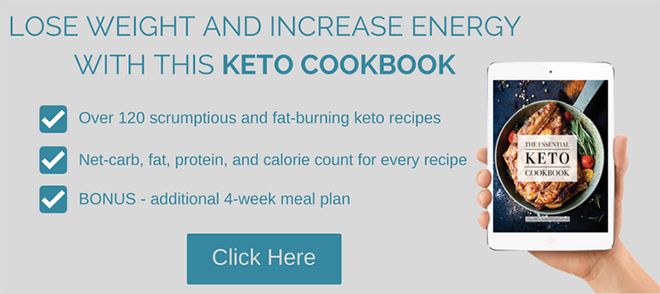
Creatine
Creatine is one of the most popular bodybuilding supplements around. It’s effective for bodybuilders and athletes for increasing high-intensity performance.
It works well with weightlifting and sprinting types exercises as it can be used quickly by your body than glucose.
It can help you crank out a couple more reps and sprint slightly longer than normal.
Bear in mind some people are non-responders and creatine won’t do a single thing for them.
Nonetheless, creatine is a super cheap bodybuilding supplement to include in your keto diet plan.
Ketogenic Diet Positives and Negatives
Like any diet plan, some positives and negatives need to be considered.
One of the positives is that you burn fat quickly. Another is that it will lower the insulin in your body.
Insulin can get in the way when your body tries to use fatty acids for energy and reduction of insulin can also release beneficial hormones that promote growth. (Of course, people with diabetes should consult their doctor before starting out.)
Also, since the ketogenic diet is high in fats and moderate in proteins, it can suppress your appetite.
As anyone who has tried dieting before will attest, this is defiantly appealing.
On the other hand, there are some hindrances associated with the ketogenic diet.
On a high fat, low carb diet during the first few weeks, as your body adjusts to burning fat instead of carbohydrates, it is common to experience fatigue, brain fog, and sometimes dehydration which is the body shifting into ketosis.
These symptoms should resolve themselves once the body readjusts and you can even find yourself with more energy on the keto diet than before.

Bodybuilding and the Ketogenic Diet
Something else keto bodybuilders need to consider is the amount of fat the diet entails.
You can use healthier, unsaturated fats, but it’s still a pretty staggering about. While for some the diet will actually lower cholesterol, for others it can have the opposite effect.
And, since the diet has really cut down on carbs, it is possible you can become deficient in things like thiamine, folate, calcium, iron, sodium, potassium, and magnesium to say a few.
Needless to say, dietary supplements are highly recommended for fitness athletes. And don’t forget the fiber.
Ketogenic dieting may be an invaluable tool to use for runners, weightlifters, and bodybuilders to get competition or shoot ready.
If you have reached a plateau or looking to improve your health, performance from natural food sources carbohydrates is not essential for protein synthesis.
If you’re brand new to low-carb high-fat diets, this could be the key to getting you shredded.
There are many bodybuilders, fitness models, and professionals who have used it to achieve ultra-low body fat levels.
Use it to fuel your workouts and see what it can do for you.
Bodybuilders and weightlifters need not worry about not getting enough carbohydrates to fuel your workouts since keto dieting does not affect explosive power or strength performance.
Same goes for spiking your insulin with a post workout carb drink after working out. (3)
Keto Diet Plan
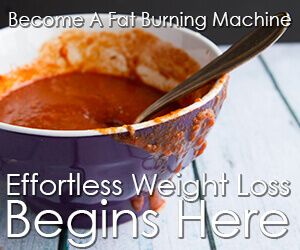
When deciding on a keto diet plan, it’s not just the pros and cons that need to be considered.
Really consider the ketogenic lifestyle demands and if you will be able to meet them.
An extra benefit of the ketogenic diet plan is that it can be done on rotation, a few weeks on, a few weeks off, and still produce some great results.
Low carb high-fat diets take commitment, time, and lots of effort.
If you’re a weightlifter, bodybuilder, or perform HIIT exercise see if the ketogenic diet for bodybuilding can be the extra boost you’ve been looking for.
OnKeto.com is a news aggregation service that brings you best of world articles to you for your consumption.
Author: LowCarbAlpha
Author URL: https://lowcarbalpha.com/author/lowcarbalpha/
Original Article Location: https://lowcarbalpha.com/ketogenic-diet-for-bodybuilding/
